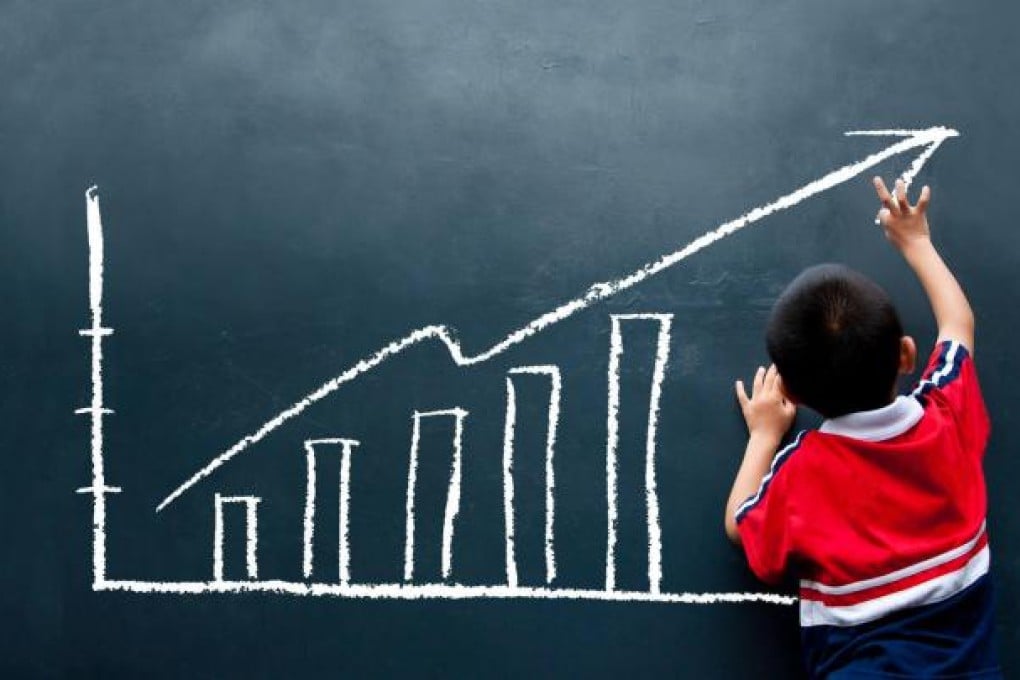Financial studies teach students the value of money
When he was in Form Three, Samuel Weil, one of my outstanding IB biology students, advised me to buy Apple stock. Had I listened, I would have made a 400 per cent profit today.

When he was in Form Three, Samuel Weil, one of my outstanding IB biology students, advised me to buy Apple stock. Had I listened, I would have made a 400 per cent profit today.
Sam is now 18 and poised to learn more about finance and banking at university as he looks to a career in wealth management. But his advice raises pertinent questions. How important is financial literacy and when do we start teaching students to manage their own money? Do societal notions of wealth affect our ability to discuss money and morality with our students? Or do we need to reconcile both and teach our students, as Ralph Waldo Emerson puts it: "A dollar is not value, but representative of value, and, at last, of moral values."
My husband and I ticked off most of our "check list" of things we believed our children had to know before they went off to university: piano lessons, dance and art classes, and various sports.
However, our discussions about money were limited to vague instructions on the need to manage within their allowance and save, if possible.
So it was not surprising to read that a recent survey of American high school seniors found they showed a poor ability to make age-appropriate financial decisions. But students with higher financial literacy scores are less likely than others to bounce a cheque and more likely to balance their books.
Several studies show that financial literacy is positively related to self-beneficial financial behaviour. Yet other studies show that high school classes in finance and money management have not been effective in raising levels of financial literacy.
When Sam showed an interest in his uncle's stock trading business, his father got him access to a virtual trading platform to learn the ropes of fundamental and technical analysis. By the time I was teaching him in Form Two, he had his own e-trade account, having invested the money he received for his bar mitzvah.
